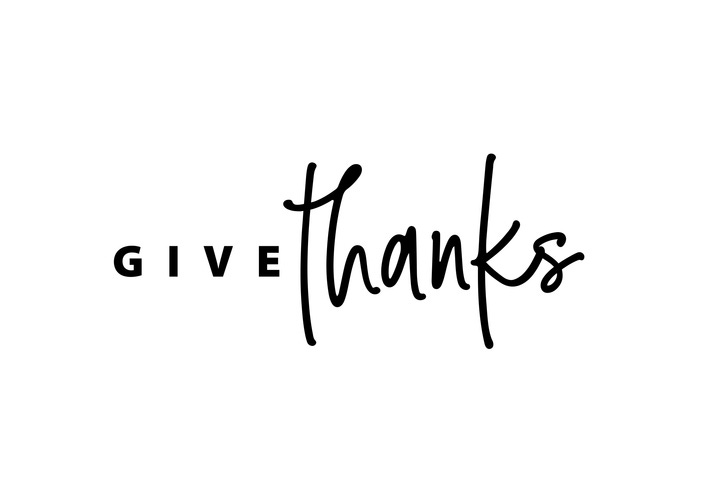"Thanksgiving" by Linda McCarriston, from Talking Soft Dutch. © Texas Tech Press, 1984.
ORIGINAL TEXT AND AUDIO - 2011
Today is Thanksgiving Day. Although the Thanksgiving festivities celebrated by the Pilgrims and a tribe of Wampanoag Indians happened in 1621, it wasn't until 1789 that the newly sworn-in President George Washington declared, in his first presidential proclamation, a day of national "thanksgiving and prayer" for that November.
The holiday fell out of custom, though, and by the mid 1800s only a handful of states officially celebrated Thanksgiving, on a date of their choice. It was the editor of a women's magazine, Sarah Josepha Hale, a widow and the author of the poem "Mary Had a Little Lamb," who campaigned for a return of the holiday. For 36 years, she wrote articles about the Plymouth colonists in her magazine, trying to revive interest in the subject, and editorials suggesting a national holiday. Hale wrote to four presidents about her idea — Taylor, Fillmore, Pierce, and Buchanan — before her fifth letter got notice. In 1863, exactly 74 years after Washington had made his proclamation, President Lincoln issued his own, asking that citizens "in every part of the United States, and also those who are at sea and those who are sojourning in foreign lands, to set apart and observe the last Thursday of November next, as a day of Thanksgiving and Praise." He requested prayers especially for those widowed and orphaned by the ongoing Civil War, as well as gratitude for "fruitful fields," enlarging borders of settlements, abundant mines, and a burgeoning population.
It was Ralph Waldo Emerson who suggested, "Cultivate the habit of being grateful for every good thing that comes to you, and to give thanks continuously. And because all things have contributed to your advancement, you should include all things in your gratitude."
In the book On Gratitude, published in 2010, a number of writers take up Emerson's charge, listing some of the specific things that helped them in their writing career — things for which they are grateful. In the book, Kurt Vonnegut said: "I've said it before: I write in the voice of a child. That makes me readable in high school. Simple sentences have always served me well. And I don't use semicolons. It's hard to read anyway, especially for high school kids. Also, I avoid irony. I don't like people saying one thing and meaning the other. Simplicity and sincerity, two things I am grateful for."
John Updike said: "I'm not a movie star or a rock star. I maybe get two or three letters a week out of the blue, for some reason, and as I'm an old guy now, most of the letters are kindly. They do keep you going. This is an unsponsored job. I don't get paid without readers. So I appreciate that enduring fan base. It does keep me going. And for someone to take the time to say they like me. That's a blessing."
Joyce Carol Oates said: "I was only about eight years old when I first read Lewis Carroll's Alice in Wonderland, and when we're very, very young almost anything that comes into our lives that's special or unique or profound can have the effect of changing us ... I virtually memorized most of Alice ... That blend of the surreal and the nightmare of the quotidian have always stayed with me. My sense of reality has been conditioned by that book, certainly, and I am grateful for it."
Jonathan Safran Foer said: "I'm grateful for anything that reminds me of what's possible in this life. Books can do that. Films can do that. Music can do that. School can do that. It's so easy to allow one day to simply follow into the next, but every once in a while we encounter something that shows us that anything is possible, that dramatic change is possible, that something new can be made, that laughter can be shared."
Be well, do good work, and keep in touch.®





ACCEPTANCE SPEECH
--I accept my ears that used to stick out
& my chef-boss at Joseph's in Boston
called me "Clark" after Clark Gable
(when I could hear better & are now closer to my balding head).
--I accept my once nimble feet,
the bottoms of which feel like cardboard in bed
(I am glad however i have a nice bed).
--I accept my polka-dotting memory
called brown-outs or senior moments
(& it may be all-for-the-best for some of them).
--I accept the diabetes, the strictures, poor breathing,
getting headaches + other aches
(but I can still walk, eat, care).
--I think of all the songs we sang with our folks
with dad thinking we seven kids
were his very own barber-shop harmonizers;
& had I died young I could have avoided
problems that arise in my life
but that life of mine says more to me
than any of my lists of sorrows & joys.
© Copyright Edward Mycue
Blessings to you and yours. Happy thanksgiving ❤️.